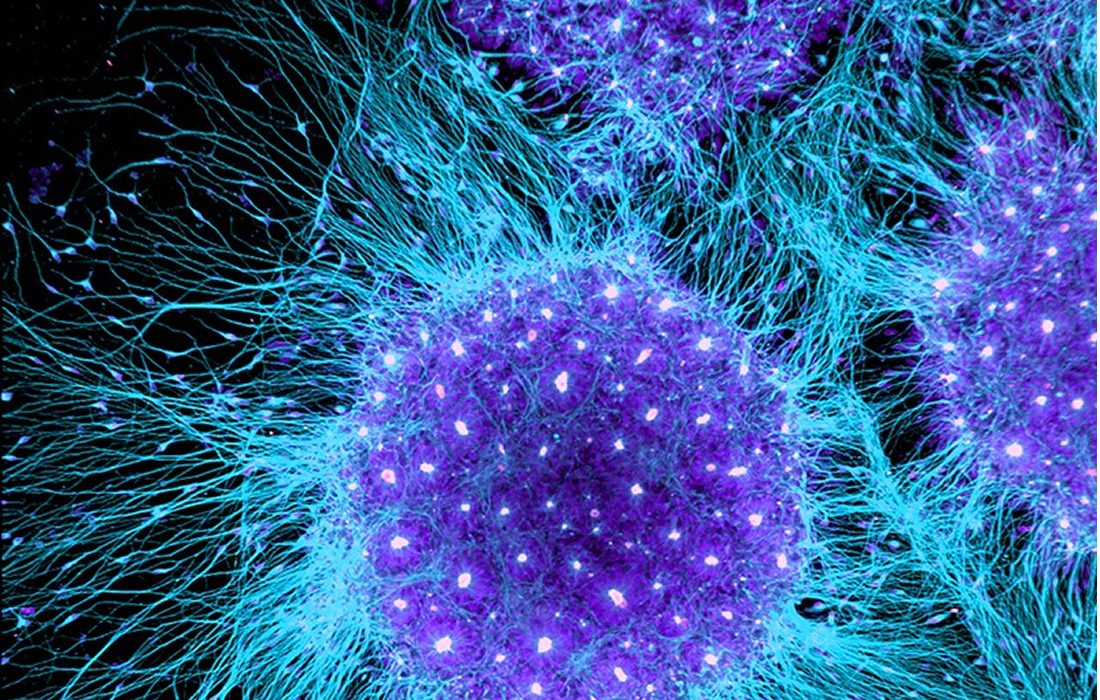Regenerative Medicine News and General Information
Research Dispels Fears of Human Stem Cells Contain Cancer-Causing Mutations
An important consideration for the use of human pluripotent stem cells (hPSCs) in biomedical research and regenerative medicine is the acquisition of mutations, in particular in genes associated with cancer.
In a study published in the journal Cell Stem Cell, researchers from the University of Exeter’s flagship Living Systems Institute has shown that stem cells contain no cancer mutations when they are grown in their most primitive or naïve state.
The advances made by the team should help allay fears surrounding controversy about the genetic stability of human embryonic stem cells, which offer a great promise for regenerative medicine. They represent a significant source of cells that could be used to replace those lost through damage or disease.
One of the main concerns about using embryonic stem cells is wheter they can acquire cancer-causing mutations, which this study has shown no increaed frequency of mutations in cancer-related genes found in these cells.
The team also found that the actual incidence of cancer-causing mutations were closer to zero.
Sources:
University of Exeter. “Research dispels fears human stem cells contain cancer-causing mutations.” ScienceDaily. ScienceDaily, 14 December 2020. <www.sciencedaily.com/releases/2020/12/201214123621.htm>.
Giuliano Giuseppe Stirparo, Austin Smith, Ge Guo. Cancer-Related Mutations Are Not Enriched in Naive Human Pluripotent Stem Cells. Cell Stem Cell, 2020; DOI: 10.1016/j.stem.2020.11.014
Image from:
Neural rosettes, derived from human embryonic stem cells, assemble into spheres in culture.Credit: Gist Croft/Ali Brivanlou/Rockefeller University. Retrieved April 22nd, 2022 from: https://www.nature.com/articles/d41586-018-03268-4

